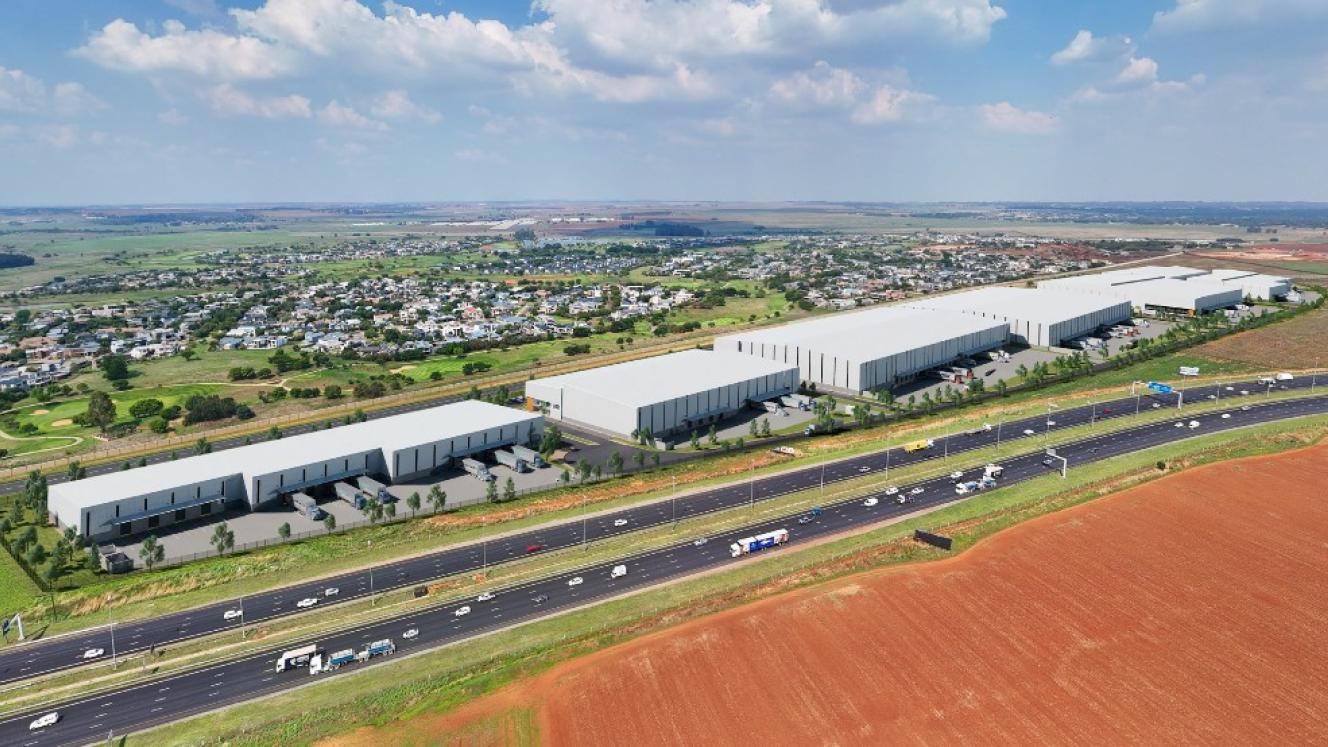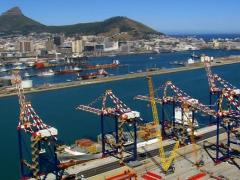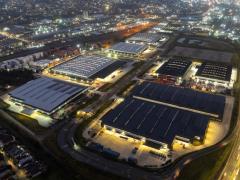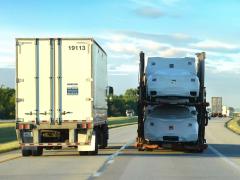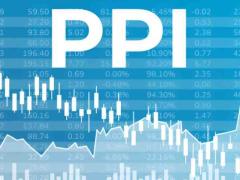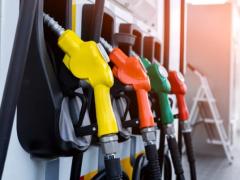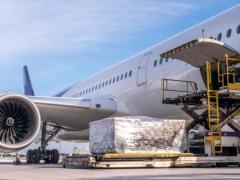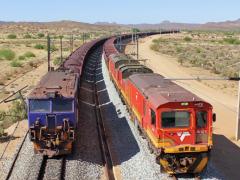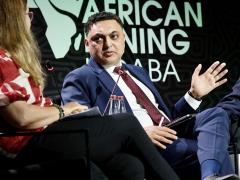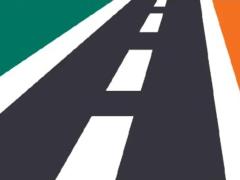Early signs of fallout from the 30% increase in tariffs imposed by the Trump administration on South Africa exports to the US includes cancelled contracts, delayed shipments and rising warehousing costs.
This has been confirmed by the South African Chamber of Commerce in the USA (Saccusa).
The Atlanta-based chamber said it’s receiving much communication from exporters saying there has been an immediate impact since “Trump tariffs” came into effect on Wednesday.
Saccusa said that whereas South Africa has always been seen as a foothold for US companies operating into the rest of the continent, this position is now at risk.
Currently, South Africa is still the preferred base for American companies with local and intercontinental interests, numbering some 600 commercial concerns, employing 134 600 people of whom the vast majority is South African.
Despite initial market jitters and pronouncements from various industry leaders such as Saccusa CEO Neil Diamond about the dire consequences of SA’s deteriorating trade relationship with the US, Minister in the Presidency Khumbudzo Ntshavheni has said all hope’s not lost.
“As communicated through the Presidency, President Ramaphosa reached out via a phone call to President Trump yesterday [Wednesday] morning as part of bolstering South Africa’s negotiation efforts on the trade agreements.
“So, we continue to engage because there’s always the possibility of a review, and we’re not the only country in that position.
“We wouldn’t be putting effort into the negotiations if the talks weren’t helpful.”
But Investec chief economist Annabel Bishop has warned that the second-biggest category of South African exports to the US, the automotive sector, is heading into a world of pain.
Early effects of plummeting export volumes were plain for all to see when the Automotive Business Council (“Naamsa”, reported an 82.2% year-on-year drop in exports to the US for the first half of 2025.
“More implications will be seen as time passes, especially since negotiations are ongoing and uncertainty remains elevated,” she said.
One of the worst anticipated impacts for the local automotive sector is expected in East London, home to Mercedes Benz South Africa (MBSA) who exports 90% of its vehicle units to the US.
Johann Evertse, CEO of the Border-Kei Chamber of Business (BKCOB), has said that MBSA has weathered many storms in the past and knowns how it important its plant is for employing about 30 000 people.
He added that over and above direct employment, downstream beneficiation opportunities linked to MBSA’s plant in East London, such as job creation in the hospitality sector, could also be lost.
He said the BKCOB is bargaining that social responsibility, future planning, economic diversification and continued trade negotiations between government stakeholders from both SA and the US, to secure East London’s biggest industrial employer.
According to Momentum Investments chief economist Sanisha Packirisamy, the automotive sector was already under pressure, facing tough competition from cheaper Chinese imports.
But Trade, Industry and Competition Minister, Parks Tau, has said China is a primary alternative market for South African goods.
In the days running up to Trump tariffs coming in effect, Tau and Deputy President Paul Mashatile visited China to explore import-export opportunities.
However, although China already is South Africa’s biggest trading, this should not be at the expense of losing our second-biggest export partner, the US, Exporters Western Cape chair Terry Gale has said.

